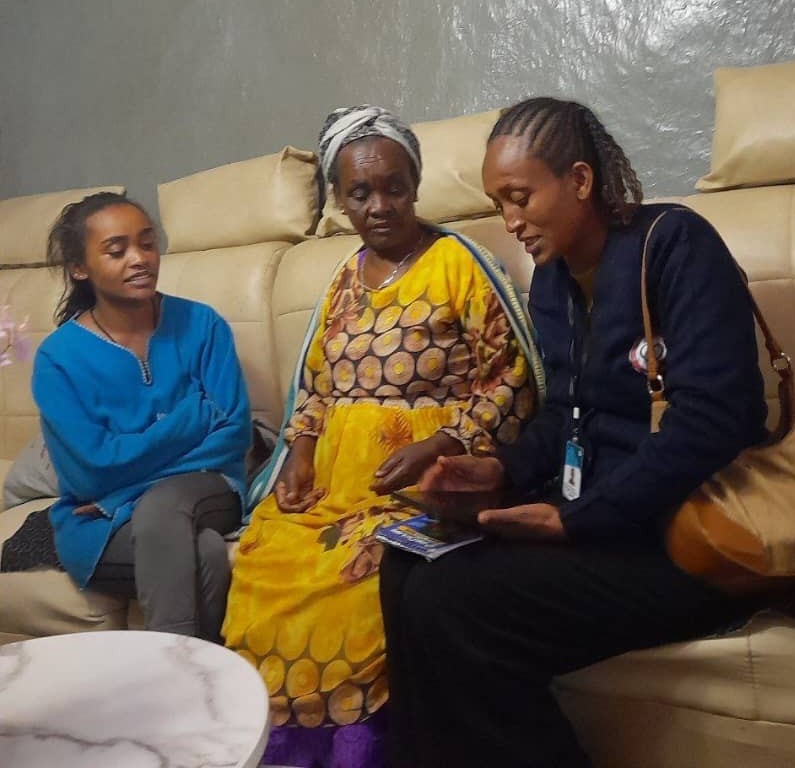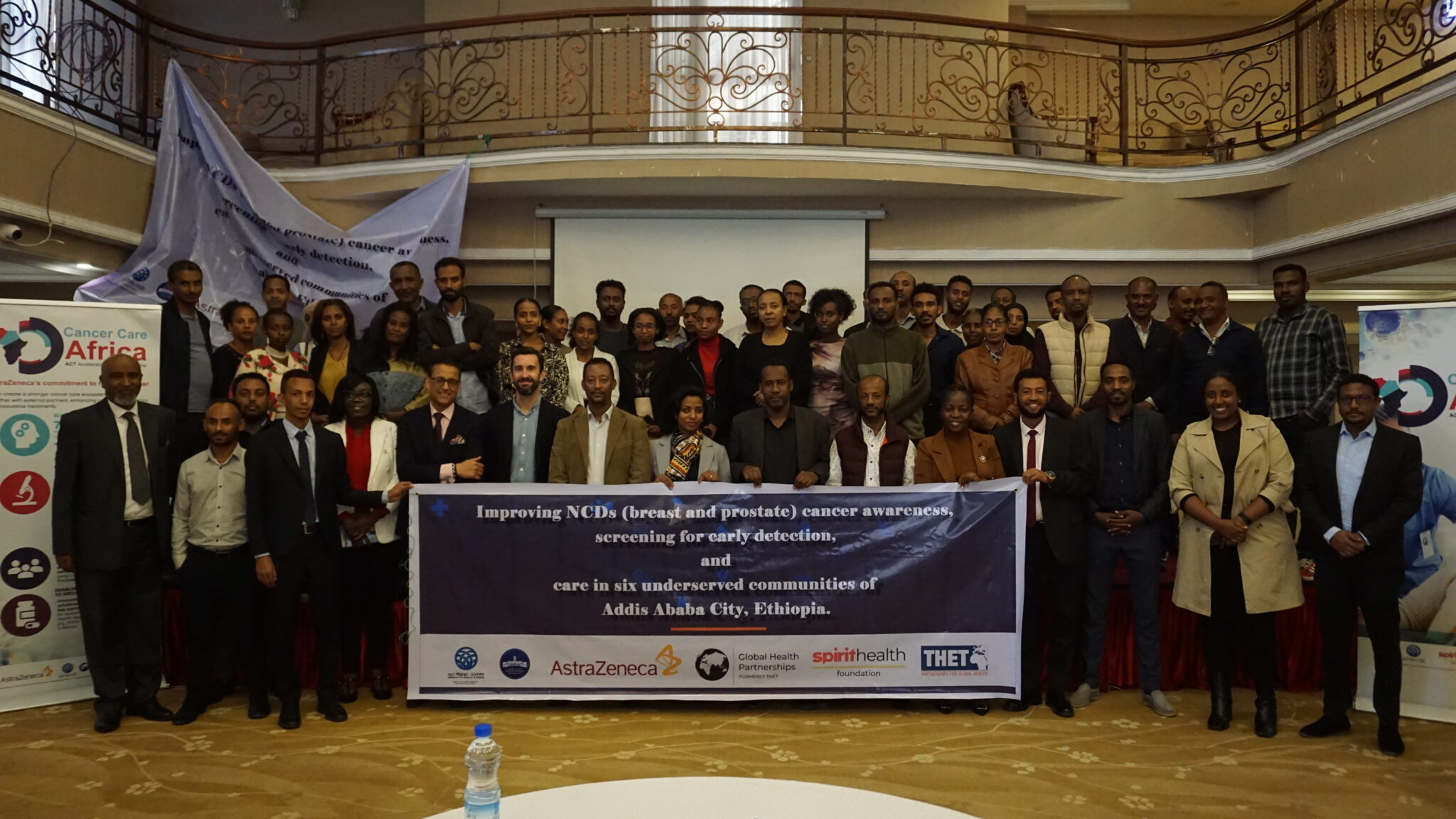
The Problem
Globally breast cancer is the most common cancer among women, with breast cancer causing 670,000 deaths worldwide in 2022. Prostate cancer is on the rise, with one in eight men developing it in their lifetime. There is a stark difference in cancer mortality rates in high income countries compared with low- and middle-income countries. In high income countries, 85% of women will survive breast cancer for 5 years or more post-diagnosis, compared with 25.8% in Ethiopia. Similarly, 90% of men will survive prostate cancer for 5 years or more after their diagnosis in high income countries compared with just 22% in Ethiopia.
“Addressing the burden of cancer in Africa requires bold action, strategic collaboration, and scalable innovation. Through this partnership, we are not just introducing technology – we are strengthening healthcare systems by equipping Health Extension Workers with the tools to drive earlier detection and timely referrals. This initiative is a crucial step in reshaping the cancer care pathway in Ethiopia, ensuring that more patients receive the right care at the right time.
Deepak Arora, Country President, African Cluster, AstraZeneca
The Solution
This partnership between Spirit Health Foundation, AstraZeneca and Global Health Partnerships was established to launch essential cancer care initiatives in underserved communities in Addis Ababa, Ethiopia. Working alongside the Regional Health Bureau and Federal Ministry of Health, the partnership will support the delivery of national cancer priorities. AstraZeneca is supporting this novel initiative through its AstraZeneca Cancer Care Africa programme and A. Catalyst Network African Cluster Hub.
The overall goal is to decrease mortality and improve survival for breast and prostate cancer by equipping health centres and community Health Extension Workers (HEWs) with the Clinitouch smart healthtech platform to provide essential early education, screening and referrals to care.
The HEWs will use the offline Clinitouch app to provide screening in the communities, generating a risk score on the Clinitouch clinician portal at remote health centres, enabling clinical staff to promptly refer ‘at-risk’ community members for diagnosis and treatment. This new cancer care solution will be supported by the development of national breast cancer and prostate cancer health worker training packages and Cancer Support Champions (CSC). These will raise awareness for prostate and breast cancer in the communities, whilst ensuring people are aware of the health services available to them.
Health Officers and Doctors at Primary Health Centres have also been equipped with the smart Clinitouch platform to provide confirmatory screening and referrals to oncology centres and hospitals, supporting the end to end pathway for breast and prostate cancer patients.
Meron Hailiye, a Health Extension Worker from Woreda 5 who participated in the launch and will be using Clinitouch, expressed her enthusiasm about the technology’s real-world impact: “With this program, we’re not just raising awareness—we’re beginning to change the story. Before, we didn’t know who was at risk, but now we have hope that cancer care can reach beyond the city. This gives our communities new possibilities.”

The Impact
The initiative is in progress, with the goal of screening +100,000 community members by early 2026, and referring identified ‘at risk’ patients for diagnosis and the appropriate treatment.
So far, approximately 30% of community members have been identified as ‘at risk’ for prostate or breast cancer, and referred for care.
Full results will be shared in 2026.
“The Clinitouch platform is a game-changer for frontline health workers, enabling rapid patient referrals”
Deepak Arora, Country President, African Cluster, AstraZeneca
Find out more
Find out more how Clinitouch can enable remote care in even the hardest-to-reach communities.
Get in touch